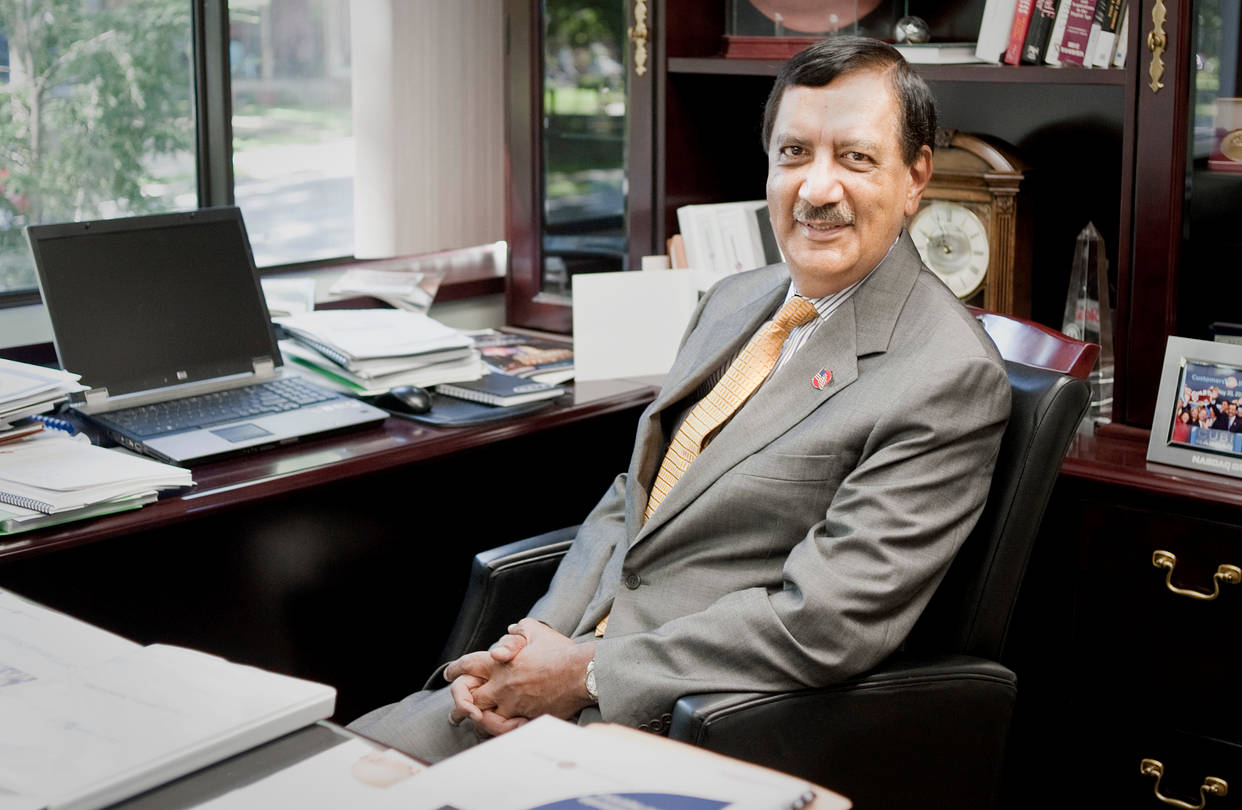CEO and Customers Bancorp Inc. chairman Jay Sidhu is a truly gifted writer. A lot of people who make the jump into success memoirs and leadership and business advice books based on their strategies don’t always come across as polished, public speakers.
But the key to Sidhu’s success is his keeping things simple. He’s not interested in lording his accomplishments over people, nor hitting one over the head with a two by four about how difficult the process can be. Instead, he’s unapologetically honest, both about his past and the rules of the game, and how he became the very definition of the American success story. “I went from being the son of an infantry officer in the Indian army and a stay-at-home mom to earning an MBA in America and, eventually, becoming the Chief Executive Officer of a failing bank that I led to become a Fortune 500 powerhouse in the US financial services industry.
This is more than a story of a backpacking expedition of two young, naïve boys. It’s also a story of how America is, indeed, a ‘land of opportunity’ that offers everyone worldwide, regardless of origin, a chance to follow their dreams and make those dreams come true,” Sidhu writes, in aforementioned vein. “…My father gave me a valuable personal and professional education, but I also wanted a formal business education. It wasn’t difficult for my cousin, who lived in the United States, to convince me that the US had the best business educational system in the world. I eventually ended up in the graduate business management program at Wilkes University in Wilkes-Barre, Pennsylvania, and earned an MBA there. But first, I needed to apply, and my strategy was to prepare a compelling application to gain admission. Like my father, I take risks. Like both my parents, I don’t mince words.
AMAZON: https://www.amazon.com/Never-Ever-Give-Leadership-Commitment/dp/B0BRYZS1GD
The gist of my Wilkes University application essay discussed how business leaders could change India. In retrospect, that may seem like a naïve position, but I laid out a coherent argument: bureaucracy and poor management lead to inefficiencies, while a leadership education is the path to problem-solving and forward progress. I was taking a risk by criticizing how business and government were conducted in India, but I’ve always been straightforward; it’s a matter of authenticity.”
Sidhu adds a sense of humanity that’s effortlessly interwoven with the facts. In fact, the humanity is in the facts, and the facts are in Sidhu’s plainspoken humility and endurance. “My overarching principle is that personal development is just as important as professional excellence,” he writes. “Understand that you can’t do 25 things well, but you can definitely excel at three to four things.
Focus on those, and don’t give up until you excel at them. Define your personal mission just like you define your professional one. Managers who focus primarily on numbers and charts often miss the point; winners primarily concentrate on the excitement of the ride and interpersonal relationships. Successful leaders, organizations, teams, individuals, and even successful families all depend on personal self-awareness and group assessments.
Further, you don’t have to love all the people you work with, but you need to respect and trust them. Just like my father treated his orderly with sensitivity, so, too, should you treat those you work with, your superiors and your supervisees alike. Then, there’s no limit to what you’ll achieve.”
The title of Mr. Sidhu’s book perfectly encapsulates this mentality. Simply but effectively put – Never Ever, Ever Give Up: An Inspiring True Story about Leadership, Commitment, Resiliency, Happiness, and Making Your Dreams Come True.
Garth Thomas

